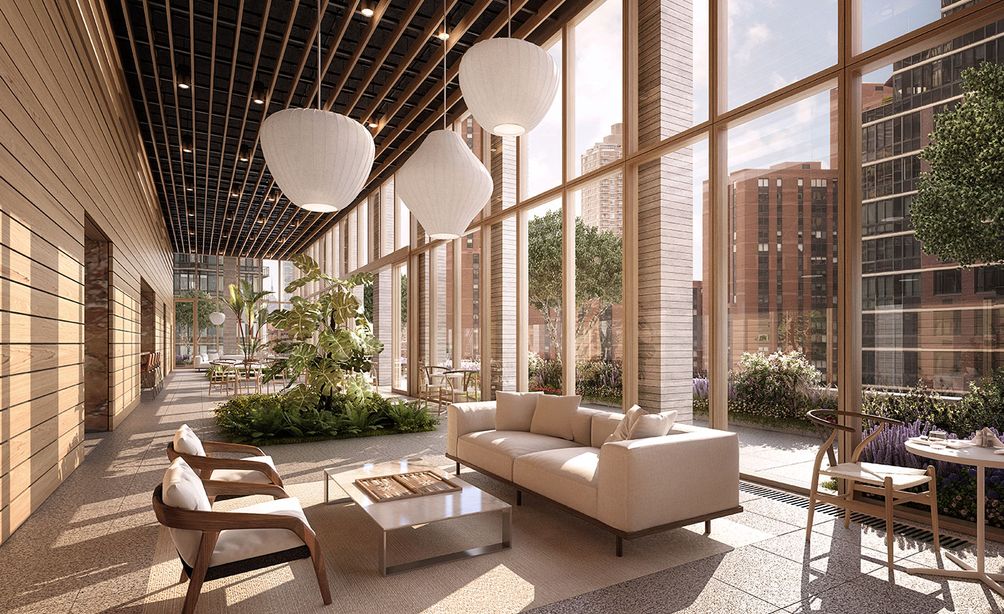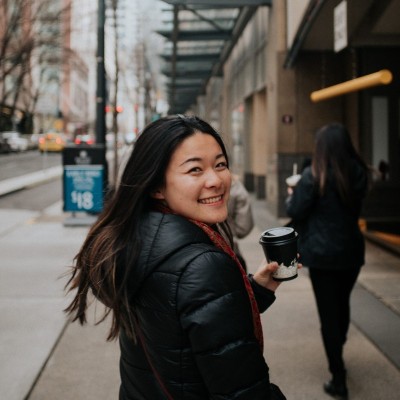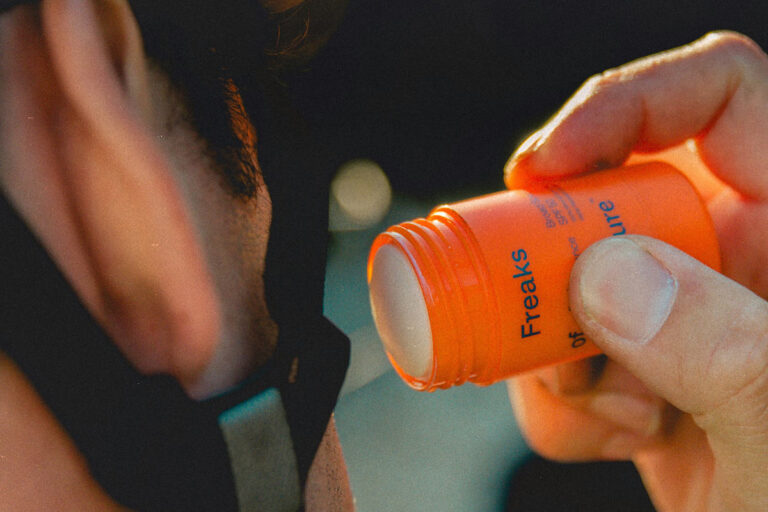Baby boomers want to live out their autumn years in style.
Upscale retirement communities are sprouting up around the country. Far from your standard nursing home, these developments rival five-star wellness resorts:
- The Watermark, a $330M luxury assisted living community in Brooklyn, boasts an art gallery, a 4,500-square-foot rooftop terrace, and a vast array of integrative wellness amenities.
- Inspīr Carnegie Hill on the Upper East Side offers three different tiers of senior care programs, complete with a heated saltwater pool, penthouse views, and an on-site care team.
- Bay Area-based Priya Living promises a vibrant community of like-minded people along with colorful, modern living spaces and an emphasis on cultural tradition and connection.
Others are taking matters into their own hands — choosing to age in place by turning homes into havens that can accommodate their needs far into retirement.
Silver tsunami. Even in the midst of the pandemic, life expectancy is on an upward climb. Whether it’s paying for the right care or locating the right community, ensuring the health and well-being of the growing elderly population is a looming crisis.
Looking to the future, the number of Americans over 65 is set to double by 2060, while almost a fifth of Americans over 50 report discrimination in healthcare settings. Even as the tech world embarks on its quest to hack aging, many boomers don’t have time to wait for the next breakthrough.
Riding high. Cue the rise of upscale retirement homes. A common critique, prices are prohibitively costly, with locations like Inspīr running up to $50,000 in fees for a membership entry fee.
A different perspective, these luxury wellness communities are setting the standard high for the entirety of elderly care, overthrowing expectations that senior living can be nothing but bland.
The middle ground, elder tech startups making retirement enjoyable without breaking the bank are gaining momentum:
- Honor Technology, a platform using personalized data to connect to the right caregivers, closed $370M in funding to reach unicorn status last October.
- Papa, which tackles loneliness for seniors, landed a $150M Series D in November.
- Emerging from stealth with $57M, Patina Health is launching in-home and virtual services this year to improve primary care for seniors 65 and older.
Smaller upstarts like ianacare ($12M), Birdie ($11.5M), and UpsideHōM ($2.3M) have secured funding over the past year as well.
Looking ahead: In many ways, the elder wellness movement mirrors the explosion of wellness communities among younger generations. As new generational cohorts grow white hairs, expect to see continued innovation in this space as they demand more for their health, for both aging and dying well.






